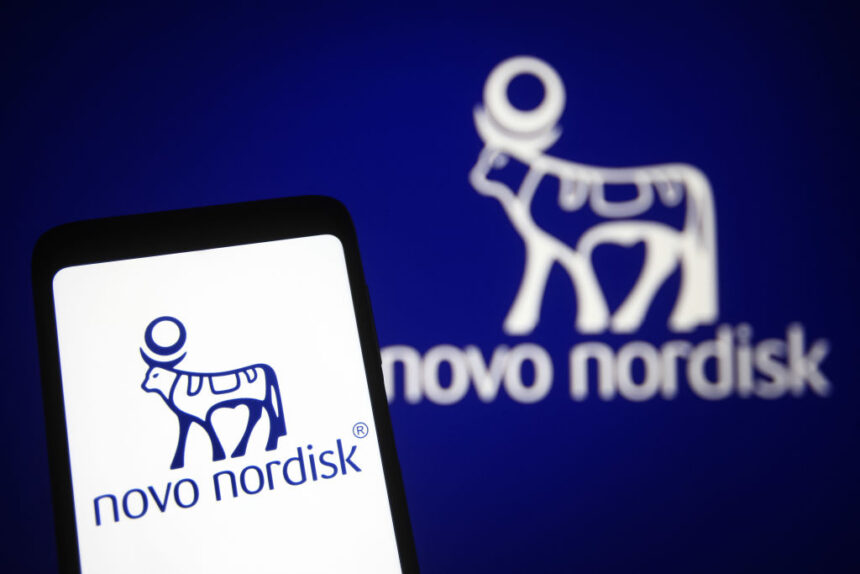A U.K. pharma trade group suspended Novo Nordisk’s membership for two years after marketing efforts for its obesity drug were deemed a breach of the group’s standards.
According to the Association of the British Pharmaceutical Industry (ABPI), which announced the suspension Thursday, a LinkedIn post offering training to pharmacists on weight-loss drugs neglected to mention Novo’s involvement. The course featured Novo’s drug Saxenda (liraglutide).
ABPI said it took the action after an investigation and appeals process conducted by the Prescription Medicines Code of Practice Authority (PMCPA), Britain’s pharma marketing regulator. The probe found Novo to be in breach of ABPI’s code of practice, including a clause dealing with actions “likely to bring discredit on or reduce confidence in” the pharma industry.
The suspension comes as Novo has struggled to meet the unprecedented demand for a newer weight-loss drug, Wegovy, that recently led to supply shortages and forced a halt of commercial activities. Earlier this year, despite largely restocking the drug, Novo said it would need to keep one eye on supply as the launch gradually resumes.
As detailed in the PMCPA’s case report, the ABPI’s appeal board was concerned that the Danish drugmaker was unaware that the aforementioned training was part of a large-scale “promotional campaign which Novo Nordisk knowingly paid for and which was disguised.”
The program was designed to train participants over two years “on how to set up a weight loss service.” One of the facets of the training covered a class of medicines, GLP-1 drugs, for treating obesity.
The LinkedIn training ran from February 2020 to December 2021. At the time, the board noted, the only company with a GLP-1 available for treating obesity was Novo. That drug was Saxenda, approved in 2014 by the Food and Drug Administration.
Novo was reprimanded in December, with the appeal board saying the gravity of Novo’s breaches were made worse by its failing to recognize that the training’s content was “clearly promotional.” It also noted that attendance by Novo reps at webinars and subsequent follow-up with delegates meant it wasn’t an “arm’s length sponsorship” and that covering the cost of a patient group direction (PGD) “amounted to an inducement” for providers.
“While we are disappointed with this outcome, we accept the decision,” Novo said in a statement provided to MM+M. “We will remain committed to following the ABPI Code of Practice and maintaining the highest possible ethical standards required by the pharmaceutical industry. We continue to focus our efforts on achieving better outcomes for, and improving the lives of, patients living with serious chronic conditions.”
The ABPI’s board also decided that Novo should undergo an audit this year and next. Those audits, along with submission of quarterly updates, will be considered by the board in deciding whether to reinstate Novo’s membership.
Suspensions and audits “are never taken lightly, but will ensure a rapid return to industry compliance standards as set out in the ABPI Code of Practice,” noted Susan Rienow, ABPI’s president-elect, in the announcement.
In fact, it’s the eighth time in the past 40 years the ABPI board has issued such a significant sanction, the group added.







